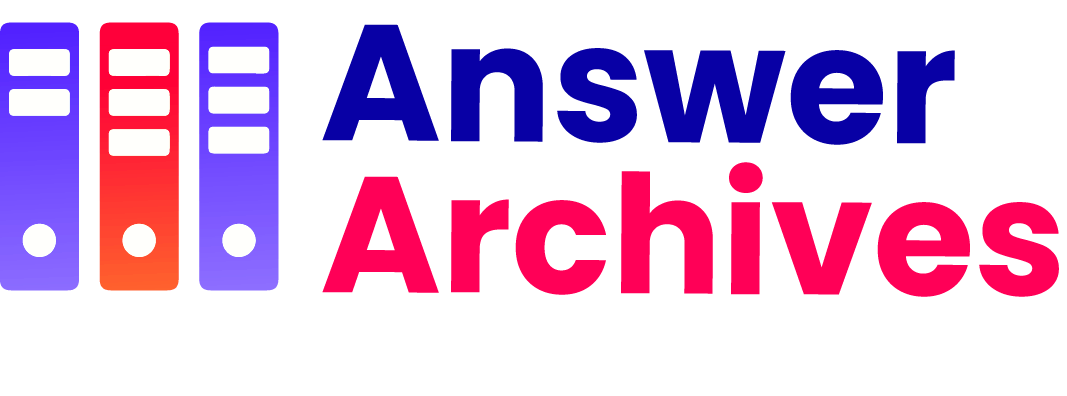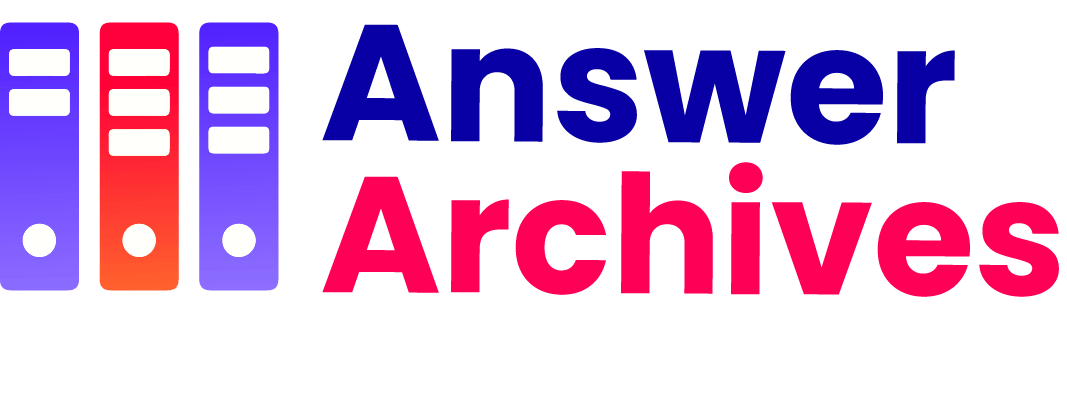Table of Contents
Blockchain technology is transforming industries across the globe, creating a need for skilled professionals who can navigate this complex landscape. As education systems evolve, they are increasingly focusing on blockchain education to prepare future leaders.
The Importance of Blockchain Education
Blockchain is more than just the technology behind cryptocurrencies like Bitcoin. It is a decentralized, transparent, and secure system that has applications in supply chain management, healthcare, finance, and more. Education on this topic is crucial because it equips individuals with the knowledge to implement and innovate using this versatile technology. Schools and universities are starting to recognize this, integrating blockchain courses into their curriculums to create a workforce ready to meet future demands.
Key Concepts in Blockchain
Before diving into advanced blockchain applications, it is essential to understand its fundamental principles. These include decentralization, where no single entity has control; immutability, ensuring that once data is recorded, it cannot be changed; and consensus mechanisms like Proof of Work and Proof of Stake, which validate transactions. These core concepts form the backbone of any blockchain system and are vital for anyone pursuing a career in this field. Understanding these basics provides a strong foundation for more specialized knowledge.
Educational Platforms and Resources
Numerous online platforms and courses have emerged, making blockchain education accessible to a broad audience. Websites like Coursera, edX, and Udemy offer comprehensive courses ranging from beginner to advanced levels. Many prestigious universities offer blockchain specializations as part of their computer science or business programs. Additionally, blockchain-specific academies provide focused training, often leading to certification. These resources are essential in democratizing blockchain education, ensuring that interested individuals can gain the necessary skills regardless of their geographical location.
Blockchain in Business Schools
Business schools are integrating blockchain into their MBA programs, highlighting its applications in various industries. The focus is often on how blockchain can streamline processes, enhance transparency, and reduce costs. By studying blockchain through a business lens, students learn to identify potential opportunities and challenges, understand regulatory implications, and develop strategies for implementation. This multidisciplinary approach ensures that future managers and entrepreneurs are well-equipped to leverage blockchain technology for competitive advantage.
Cryptocurrencies and Beyond
While cryptocurrencies like Bitcoin and Ethereum have popularized blockchain technology, its applications extend far beyond digital currencies. Blockchain can revolutionize industries like healthcare by securely managing patient data, supply chain management by ensuring product authenticity, and even voting systems by providing tamper-proof electoral processes. Understanding these diverse applications helps students appreciate the far-reaching implications of blockchain and ignites their creativity to explore new use cases.
Regulatory Considerations
As blockchain technology evolves, so does the regulatory landscape. Understanding the legal aspects of blockchain is essential for anyone looking to work in this field. Regulations can vary significantly between countries, influencing how blockchain can be implemented and what applications are viable. Education programs often include modules on regulatory considerations, helping students navigate legal challenges and understand compliance requirements. This knowledge is crucial for developing practical and lawful blockchain solutions.
The Future of Blockchain Education
The future of blockchain education looks promising as more institutions recognize the importance of this technology. Innovations such as virtual classrooms, interactive simulations, and blockchain-based certification programs are on the rise. As industries continue to adopt blockchain, the need for specialized education will only grow. Emerging trends such as decentralized finance (DeFi), non-fungible tokens (NFTs), and smart contracts will drive the demand for more targeted education, ensuring that the workforce is prepared for these new challenges and opportunities.
Conclusion
In conclusion, blockchain education is essential for preparing the next generation of innovators and leaders. By understanding key concepts, leveraging educational resources, and considering regulatory aspects, students can unlock the potential of this transformative technology. As the demand for blockchain expertise grows, so will the opportunities for those with the right skills. Educational institutions must continue to adapt, offering comprehensive programs that cover both theoretical and practical aspects of blockchain technology. By doing so, they will play a crucial role in shaping a future where blockchain drives innovation, transparency, and efficiency across industries.


